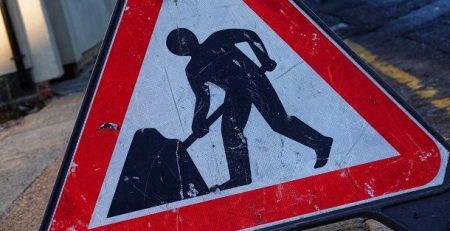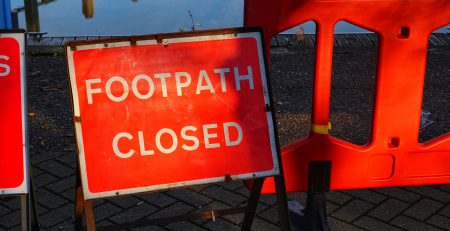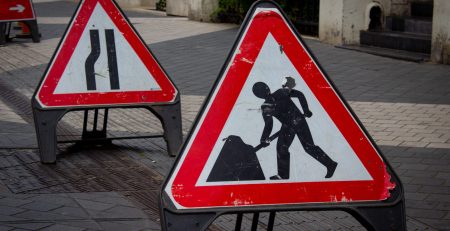A city (literally) divided – my nightmare bus journey amid…
I went into Hull city centre this week, and couldn’t believe the nightmare that the Drypool Bridge closure has created. What should have been a simple 20 minute journey soon reached an hour and a half. As someone that regularly uses Hull’s buses, I’m used to a little bit of waiting. But the first issue that arose when I left Old Town’s High Street was that I couldn’t use the bus stop closest due to the bridge closures. So off I went on a 15 minute walk to find the nearest bus stop on the new route – one on which you have no idea which way you’ll end up going until you’re actually on a bus. In fact, many people at the bus stop were all asking the same question: “Will this get me home?” Read more: Hull Royal Infirmary car park operator lodges bid to waive improvement requirements to keep operating The 38 Hull and East Riding roads set for pothole repairs – paid from HS2 cash pot As I waited, I couldn’t help but worry about what the bridge closures would mean for Hull’s Old Town. So many businesses, museums, cafes, pubs, all more isolated due to lack of public transport. What about people who aren’t able to walk long distances? Our older populations, mums with prams – What would this mean for them? I waited around 15 minutes for a bus – not too bad at all I thought. However, when I got on the bus, I realised that this journey was far from over. A woman a few rows behind me, passing the time by calling someone on her phone, said: “It took me two hours to get home last night. I left work at 5pm, and didn’t get home until 7pm. It’s that bridge, isn’t it?” It was indeed 'that bridge'. Drypool Bridge – one of the main crossings over the River Hull was subject to 'emergency closures' on Wednesday 10 April. Now, after inspections found the bridge in 'severe' stress, Hull City Council announced further inspections and work would need to take place. Get breaking news in Hull straight to your phone Don't miss a thing. Get all the latest breaking news in Hull straight to your mobile via WhatsApp by clicking here. If you don’t like our community, you can leave any time. We also treat members to special offers, promotions, and adverts from us and our partners. Read our privacy notice here. Maybe today will be different, I thought. After all, it had been a week since Hull City Council revealed the bridge would be closed for at least two weeks – with repairs taking up to 12 months. Surely they had put a plan in place to ease the traffic woes? As the bus turned the corner, it was then I realised that I had better get comfortable because this was going to take a while. Alfred Gelder Street may as well have been a car park. As far as the eye could see were cars and buses – all stationary. After 15 minutes of no movement at all, many cars began to make U-turns, mounting the pavement, and going in the opposite direction in a bid to get out of the city centre. I think the real frustration was seeing the traffic lights outside of the Guildhall junction turn green, and yet there was nowhere to go. Traffic was stationary in Hull city centre (Image: Hull Live) More people on the bus began passing the time by calling friends and family: “We haven’t moved an inch in 20 minutes,” and “can you start sorting the kids' tea out? I’m not going to be home for a while.” I had to feel for these people. I had come into town on my day off and knew I wouldn’t have to make this journey for a while if I didn’t need to. But what about the workers? What about working parents who needed to be with their children? “I read on Hull Daily Mail that the bridge is just a mess,” I heard another passenger say. Quite right they were – the estimated cost of repairing Drypool Bridge is at least £7m. Hull City Council inspections carried out last week found the steel within the concrete columns holding up the fixed east span of the bridge were under severe stress. However, with Hull’s bridges being routinely inspected every six months – one has to ask the question, how on earth was it allowed to g
SEE FULL ARTICLE











